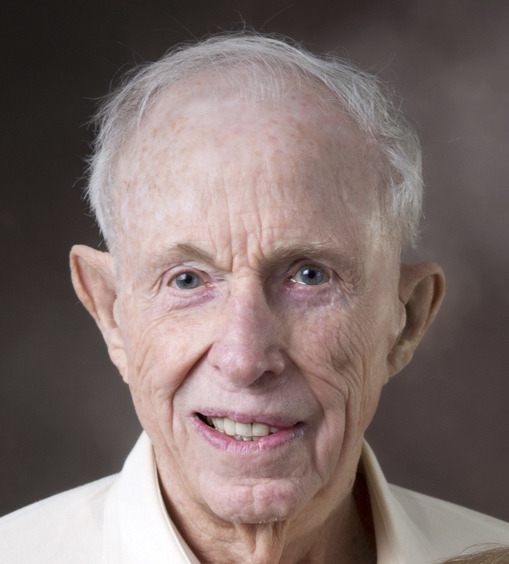For Richard Houts, fighting fires was a natural fit. His father was a fireman, his uncles and cousins, too. By the age of 16, he was at it as well.
So began a five-decade fire service career interrupted briefly by military service and some semi-retirement work for a corporation (a consultant for fire suppression issues, no less).
Much like serving in the Armed Forces, he said, fighting fires is “fighting a foe and the people you work with you can trust.”
Added Houts, “As much as anything, it’s very exciting.”
A five-decade-plus career in the field came to an end on June 30, when Houts resigned as Fire District 3 commissioner, a board he spent a combined 17 years with helping develop policies and procedures, handling personnel issues and maintaining budgets.
Houts pointed to some failing health — emphysema and diminishing hearing — as reasons for leaving. He noted that when he started fighting fires in the 1940s, he didn’t have air masks or ear protection.
“It’s a problem for old firefighters,” Houts said.
Commissioners James Barnfather and G. Michael Gawley accepted his resignation letter on June 21 and may appoint a new commissioner at their next regular meeting set for July 8.
A good fire commissioner, Houts said, needs to have an understanding what the fire service is about, to be able to keep a careful eye on the budget — including what the district should look like as far as 10 years out — and be able to make choices, difficult or not.
“As much as anything, (a good commissioner should be) able to make a decision, to be able to listen to people,” Houts said. “You’re going to make mistakes.”
Houts got his start in Los Angeles County’s fire department in 1942 and, following service with the United States Air Corps (a precursor to the U.S. Air Force) in World War II, returned to the department where he worked until 1977, the last eight as fire chief managing 55 cities.
Houts said he was was particularly proud of legacy LA County left behind in the field of paramedics: the Los Angeles County and City established paramedic programs following the passage of The Wedsworth-Townsend Act in 1970. Other cities and states passed their own paramedic bills, leading to the formation of services across the nation, and several other countries also followed suit as paramedic units formed around the world.
After retiring in 1977, Houts worked as a consultant for a fire service corporation, then moved with wife Audrey to Sequim in 1990.
Then chief Tom Lowe encouraged Houts to join the boundary review board, and not long after, in 1994, Houts was selected for District 3’s board of commissioners.
The Houts moved to Whidbey Island for a stint in 2000, but in less than a year had returned to Sequim, and Houts was back on the board of commissioners once again.
“He’s a humble guy, really humble,” former District 3 fire chief Steve Vogel said. “He came from LA County to Sequim and he just wanted to help out and serve his community. He did an awesome job.”
Vogel said Houts’ experience was invaluable.
“The thing I appreciated the most was he let me run the fire department,” Vogel said. “And whenever I had issues, he already had them in his career. I’d say, ‘How do I handle this?’ And he’d come back with (an example of) ‘This is what happened with me.’”
Houts said Sequim’s fire district is in good shape — “The city has come a long ways in fire prevention,” he said — and that he and Audrey, married now for 72 years, plan to stay in Sequim.
The thing he will miss most, Houts said, is the camaraderie among firefighters.
“While you’re in the fire service, you can go anywhere in the world and tell them you’re a firefighter, (and) you’re accepted.”



